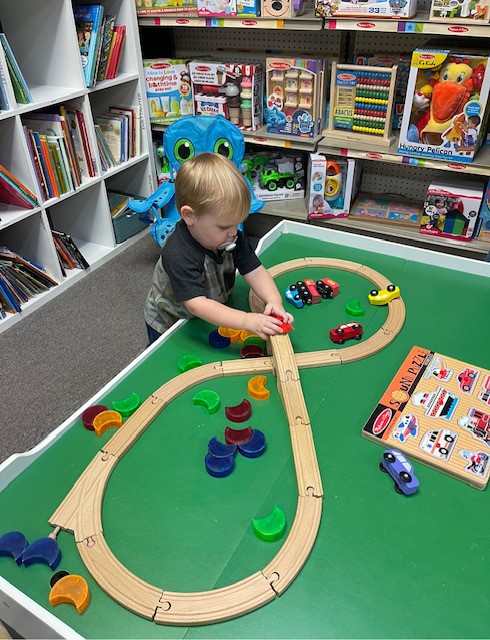Here are the top 5 things your special needs child’s teacher needs to know before school starts: we always schedule a before the year begins meeting it makes all the difference when you set the tone for the year.1. Individualized Education Plan (IEP): Make sure the teacher is familiar with your child’s IEP, including their specific goals, accommodations, and modifications. This will help the teacher understand your child’s unique needs and provide appropriate support. If there are skills that need to be added or skills they have mastered this is a great time to let the teacher know.

2. Communication Preferences: Share with the teacher the best ways to communicate with you, whether it’s through email, phone calls, or in-person meetings. Establishing open lines of communication will ensure that you stay informed about your child’s progress and any concerns that may arise. Justin’s teachers liked to text and that worked great for me.3. Sensory Sensitivities: Inform the teacher about any sensory sensitivities your child may have, such as noise sensitivity or aversion to certain textures. This will help the teacher create a sensory-friendly environment and make necessary adjustments to support your child’s comfort and focus. Include any stressors that they may need to be away from. One year Justin kept acting out and it took forever to figure out why. Turns out it was because the pencil sharpener was close to his desk and the traffic flow plus noise was too much.

4. Behavioral Strategies: Discuss any behavioral strategies that have been effective for your child in the past. This could include visual schedules, social stories, or positive reinforcement techniques. Sharing these strategies will enable the teacher to implement consistent approaches and promote positive behavior in the classroom. Try to use the same charting and rewards system at home as you do at school.5. Collaboration and Teamwork: Emphasize the importance of collaboration between you, the teacher, and any other professionals involved in your child’s education. Encourage regular meetings and open dialogue to ensure everyone is working together to support your child’s academic and social-emotional development.
 Remember, every child is unique, so it’s essential to provide the teacher with as much information as possible to create a supportive and inclusive learning environment for your special needs child.
Remember, every child is unique, so it’s essential to provide the teacher with as much information as possible to create a supportive and inclusive learning environment for your special needs child.

